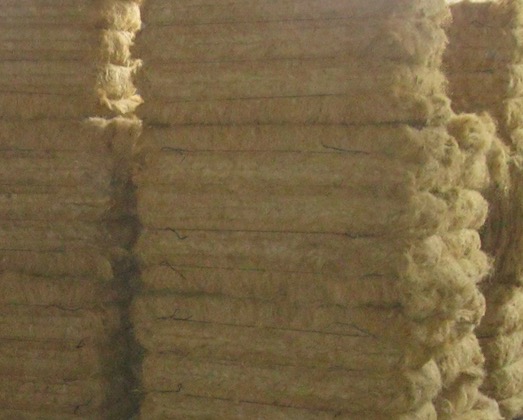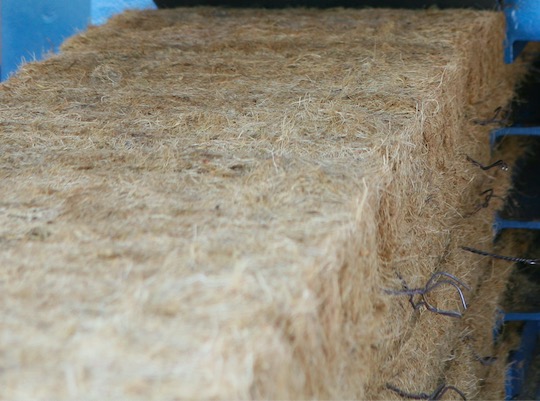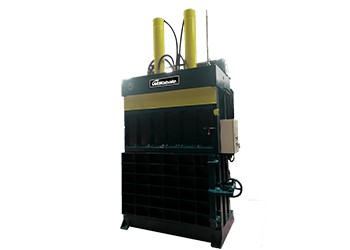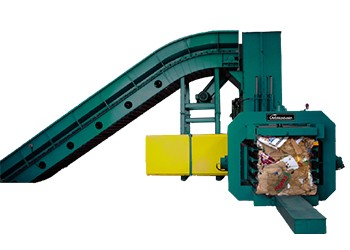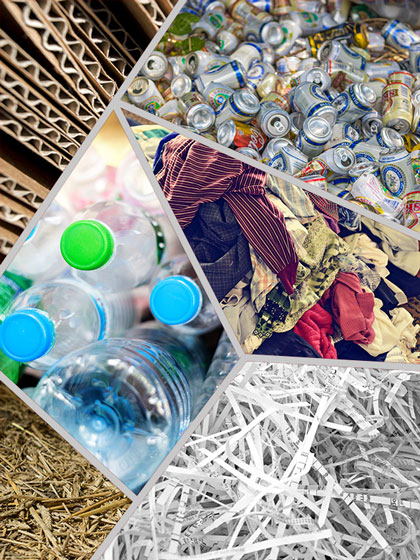What is Coconut Fiber?
Coconut fiber (also called coir or coco fiber) is a natural fiber extracted from the outer shell of coconut husk. It is a by-product of coconut industry and there are two types of coir which are brown fiber and white fiber.
The brown fiber is obtained from mature coconuts having a rough and strong nature and it is more commonly used than white fiber. The white fiber is obtained from immature green coconuts features fine and soft.
Why Process Coconut Fiber?
Coconut fiber is a renewable resource and has many good properties such as durable, waterproof, resist to saltwater damage, anti-static, sound insulation, etc. Also combined with modern technological development, coco fiber is widely used in many applications: doormats, mattress, cushion, upholstery padding, carpet, ropes, geotextiles, and more.
